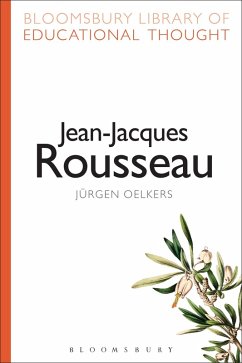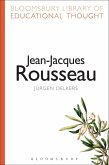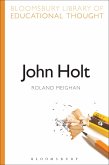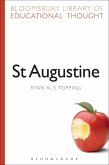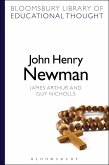Jean-Jacques Rousseau, enlightenment philosopher and founder of 'natural education', is one of the most influential philosophers of education in the western world.
In order to fully understand Rousseau's impact as a true educational thinker, Jurgen Oelkers argues that we must take into account his paradoxical style, unique intellectual biography and his turbulent and unconventional way of life. Combining historical analysis and contemporary ethical theory, this text serves as both an introduction to Rousseau's theories of education and a critique of his views, and shows how Rousseau was a pioneer in exploring educational issues within the context of his own philosophical problems in order to present innovative solutions.
In order to fully understand Rousseau's impact as a true educational thinker, Jurgen Oelkers argues that we must take into account his paradoxical style, unique intellectual biography and his turbulent and unconventional way of life. Combining historical analysis and contemporary ethical theory, this text serves as both an introduction to Rousseau's theories of education and a critique of his views, and shows how Rousseau was a pioneer in exploring educational issues within the context of his own philosophical problems in order to present innovative solutions.

